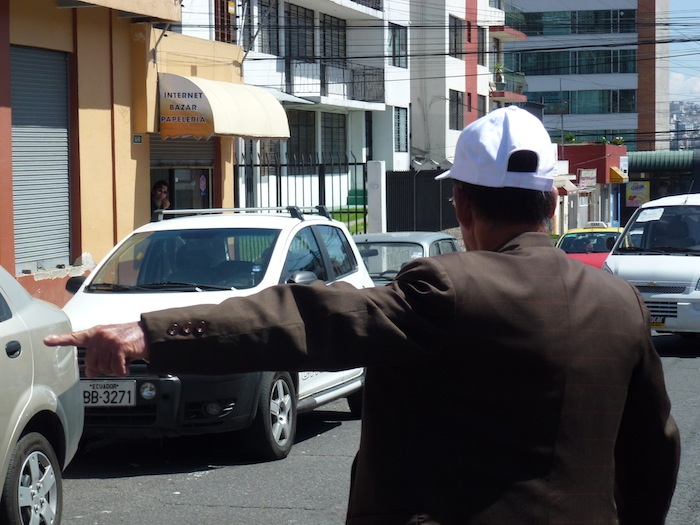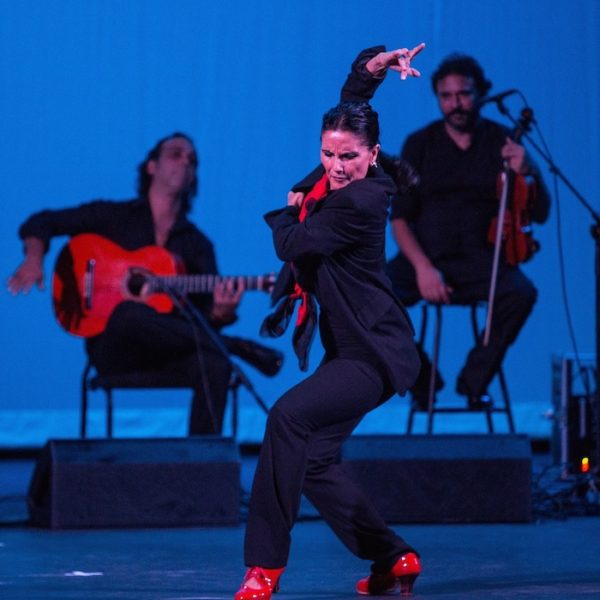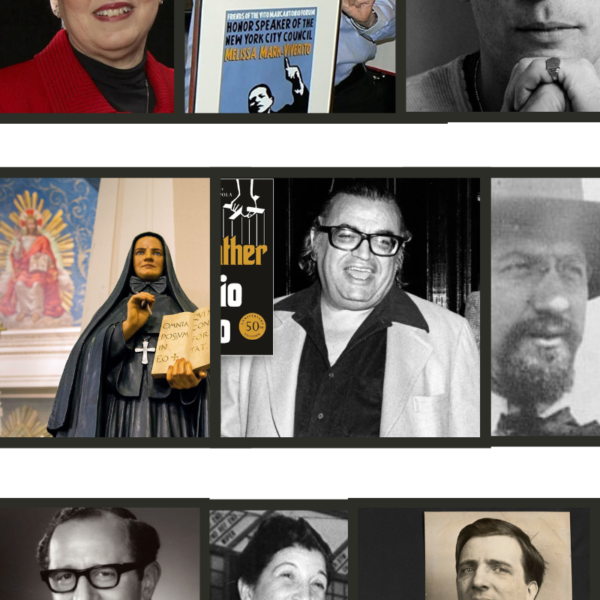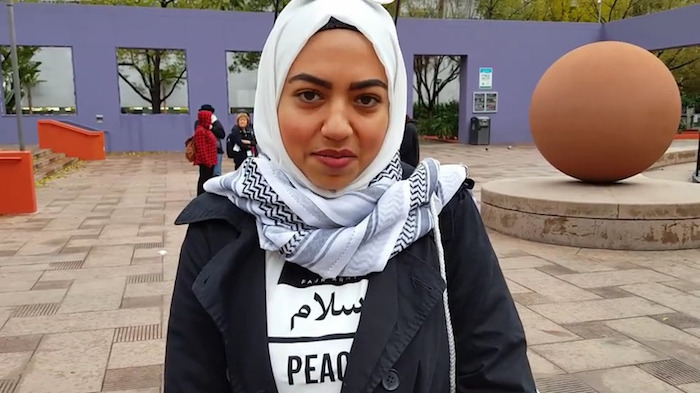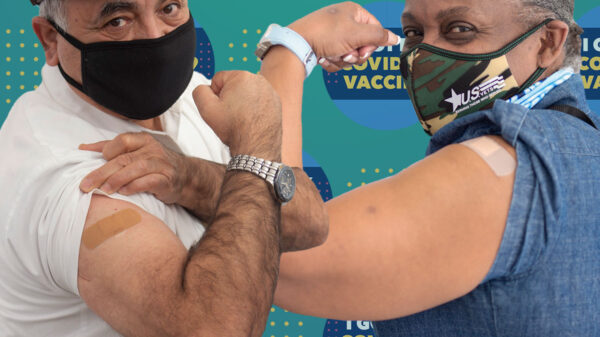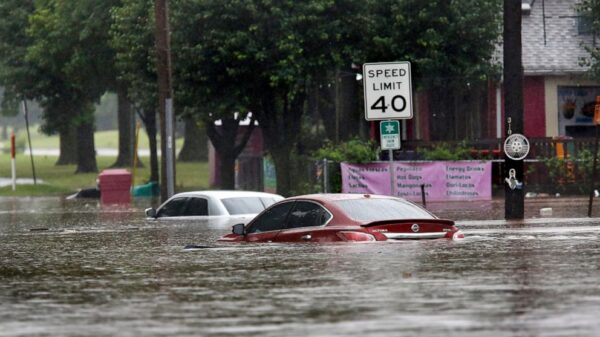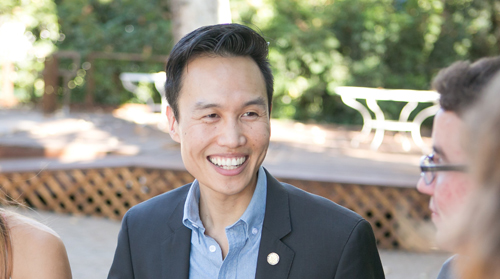TIM,The Immigrant Experience, María Cristina Bayas
In 1977, Omar tried to escape Cuba on a raft made out of branches and foam. He had to hide in the jungle for several days before he took the plunge one night. From above, the Russian air forces saw the escape and caught him. It was his first time in jail.
“If you don’t die of hypothermia, after three seconds gigant tiger sharks eat you. Sharks know that in between Cuba and the U.S. they can find food,” Omar says about those who die in the sea trying to flee.
The second and third times he went to prison were for the same reason, trying to run away. He says other prisoners were mainly locked because of criticism of the government and delinquency.
“Everyone hates the state so nobody wants to work for it. What everyone does is drink, and drink, and get drunk, and play dominoes, and always look for a way to steal something,” Omar says. He prefers to keep his full name unknown because he fears retribution by the Cuban government.
In 2000, Omar who was 40 at the time, went to jail for the fourth time. He tried to sell his cows’ milk, and in Cuba, he explains, you cannot sell freely what you produce and goods are subjected to government-imposed prices.
Although there have been changes in the livestock sector which allow private producers to sell milk independently from the government, Omar says entrepreneurs find barriers like taxes and fines.
When the Committee for the Defense of the Revolution (CDR) found out about Omar’s business, they entered his farm, beat him up, threw the milk into the river, confiscated his cows, and sent him to prison. Behind bars, for three months, he only drank water with salt and ate some potatoes once in a while.
“ He [Castro] is mentally ill, he prefers to throw the milk into the river instead of giving it to the children,” he complains.
When Omar finished high school, he became a professional guard. He was assigned to different places like pig houses and roads throughout time. He narrates he had a large patio and bought some cows to breed. At night, he guarded a touristic place and during the day he took care of his animals. Omar doesn’t know what rest is.
He doesn’t know it since he moved to Ecuador in 2010, either. After three failed attempts to go to the U.S., he decided to go to the only Latin American country that allows Cubans to enter without a visa.
Omar is around 5.5 feet tall. He wears a cap, a thick black jacket, and boots of the same color to complete his guard appearance. He has two jobs and works 21 hours every day as a guard. He says he is happy because in Cuba hard work didn’t mean favorable results.
Some months before the milk incident in 2000, he received another blow from the CDR, whose objective is to make sure citizens comply with the rules of the revolution.
One of its guidelines is that meat, shrimp, and lobster, are reserved for tourists. These are luxuries to which Cubans are not entitled.
The CDR attack, says Omar, began when one of his cows broke its leg. Because animals are tracked in Cuba, breeders must notify the state every time a cow is born or dies. Omar had to sacrifice the wounded animal, and knew the CDR would know it anyway, so he decided to inform the committee what had happened. He proposed the authorities, in exchange for their silence, to give them some of the meat, keep a piece for himself, and donate the rest to the children and the elderly.
They didn’t like the deal. They brought gas and burned the cow in front of him. “Who prefers to burn an animal instead of giving it to a hungry human being? Only a crazy schizophrenic,” says Omar with anger.
He begins to talk about the U.S. embargo against Cuba as Castro’s convenient excuse for hunger in the island. He says misery is a consequence of not letting Cubans produce.
Omar is happy to know his five brothers and his son made it to the U.S. He says Castro’s objective is to terrorize Cubans. Then he vents his rage saying, “[Castro] enjoys our suffering and hunger. He is happy destroying Cubans, he hates Cubans. There is no such thing as the embargo, the embargo is this killer son of a bitch.”
María Cristina Bayas is an Ecuadorean freelance journalist for Revista Clave and other media in Ecuador. She is currently studying for her Master in Liberal Arts, Journalism, at Harvard Extension School. She studied Social Communication at Universidad Austral in Buenos Aires, Argentina, and is interested in writing about politics and social topics. She is a songwriter and began her music career at the age of 5. You can reach her at bayassaltos@g.harvard.edu

